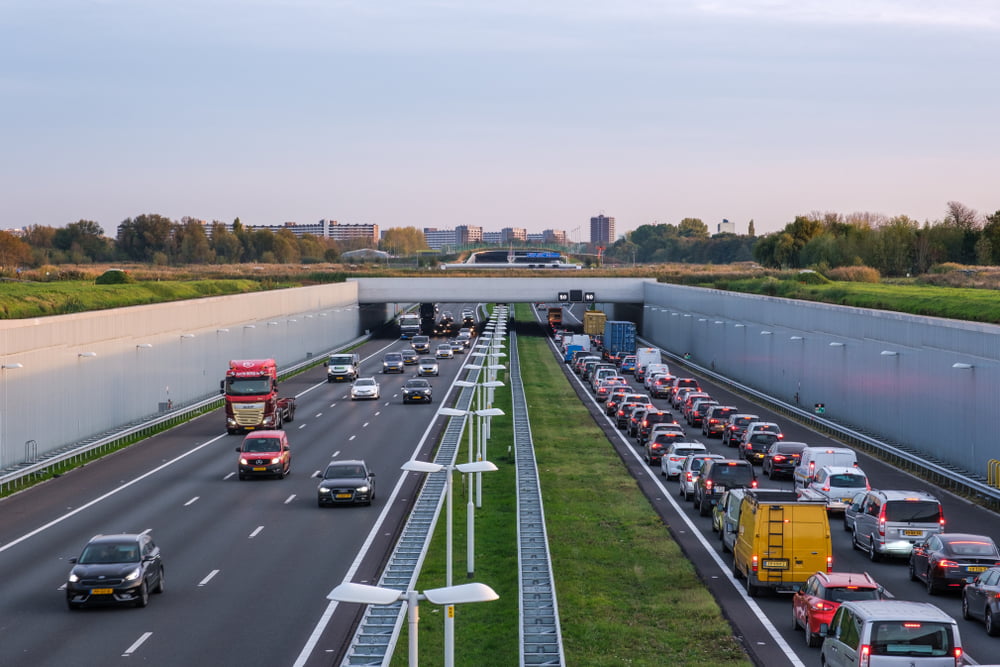There are no structural staff shortages
The traffic nuisance caused by the closure of the Kethel tunnel on 16 May has been downright annoying for road users. On Monday morning, the Kethel tunnel on the A4 was closed in both directions. This decision was taken because Rijkswaterstaat could no longer guarantee safety in the tunnel after two colleagues called in sick shortly before their shift started at 6:30 am.
The evaluation shows that the division of tasks and responsibilities as described in the protocols has not been fully followed. In the situation that arose, there were various options for ensuring sufficient qualified personnel, but due to human error, the protocol was acted too late.
The decision to close the Kethel tunnel in the absence of adequate supervision was in itself the right decision. However, this decision would not have had to be taken if the prescribed procedure had been followed at an earlier stage. Rijkswaterstaat has now again instructed all employees who work with the aforementioned protocols. In addition, Rijkswaterstaat is standardizing the national absenteeism protocol and the associated picket roles in such a way that they are only open to one interpretation.
effects
The closure of this tunnel, which is located in an important traffic artery in the Randstad, had direct consequences for the flow of traffic on the A4 itself, but also on the surrounding roads such as the A20, A13 and A15. Road users have experienced discomfort and nuisance and this has – understandably – led to annoyance. Rijkswaterstaat blames itself for this, all the more so because it soon became clear that it was an unfortunate combination of circumstances. There are no structural personnel shortages, but things went wrong in scaling up and internal communication after two reports of illness. Rijkswaterstaat has evaluated this incident to see whether measures are necessary to prevent a recurrence.



